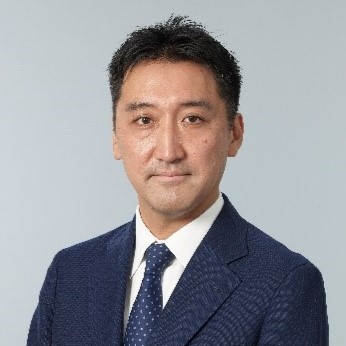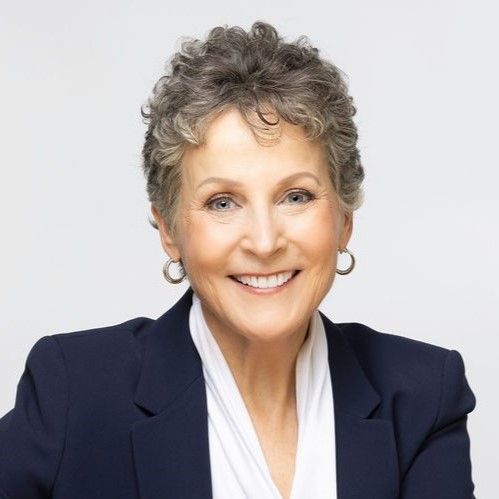ICEF2025 Program
Innovation for Green Transformation (GX)
and Security
Innovation for Green Transformation (GX)
and Security
Wednesday, October 8 - Thursday, October 9
-
- Wednesday, October 8 / 9:30-17:05 (JST)
- Opening Session
- Keynote
- Cooperation towards Carbon Neutrality and Security
- Utilization of Nuclear Energy
- Security through Climate Change Adaptation and Resilience
- The Future of Renewable Energy
- Thursday, October 9 / 9:30-16:55 (JST)
- CDR (Carbon Dioxide Removal) and Utilization
- ICEF Roadmap Project: Sustainable Data Centers
- Natural Hydrogen
- Circular Economy x Startup
- Advancing Clean Hydrogen Technologies
- Closing Session
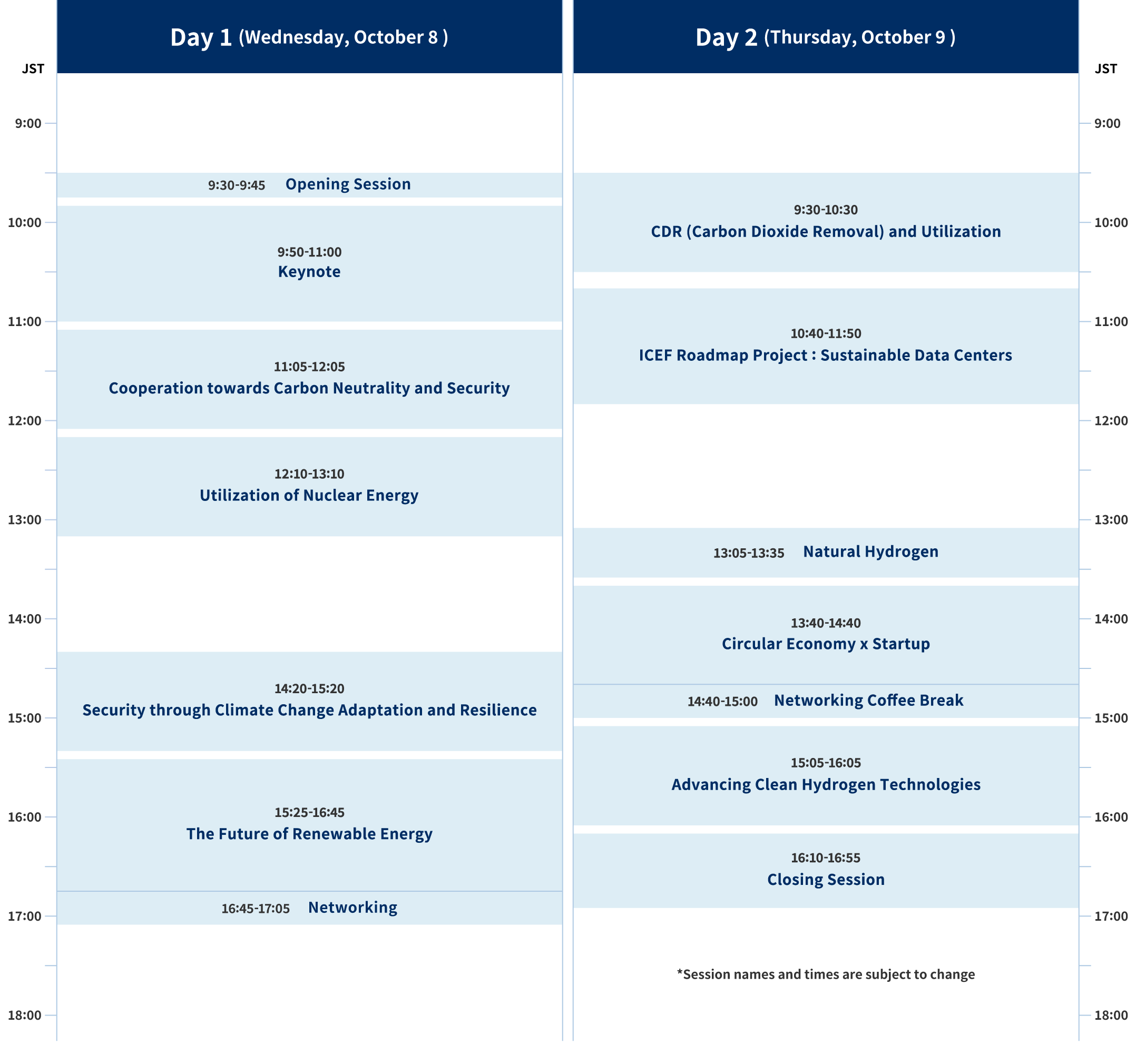
Wednesday, October 8 / 9:30-17:05 (JST)
9:30-9:45
Opening Session
Opening Remarks by
MUTO Yoji
(Minister of Economy, Trade and Industry)
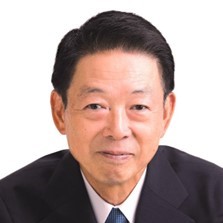
Opening Remarks by
SAITO Tamotsu
(Chairman of New Energy and Industrial Technology Development Organization)
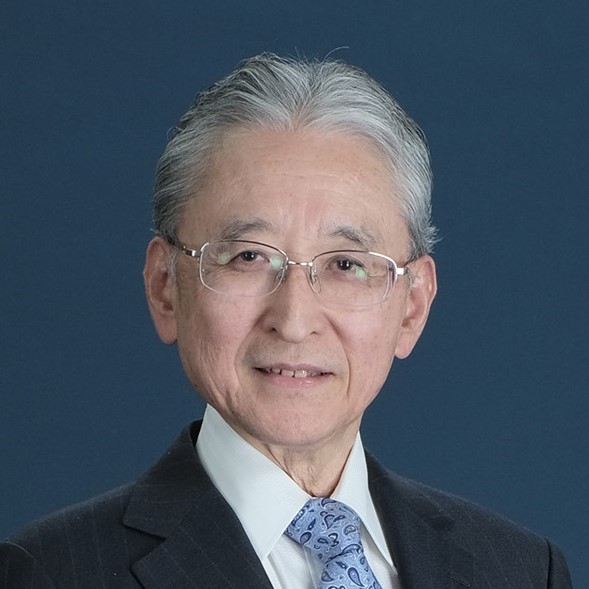
Opening Remarks by
TANAKA Nobuo
(Chair of ICEF Steering Committee)

9:50-11:00
Keynote
Green Transformation (GX) and energy security are critical topics at the intersection of contemporary geopolitical and economic challenges. As the transition to renewable energy and decarbonization accelerates, ensuring stable and resilient energy supplies has become a key policy priority for many countries. This session will feature discussions among experts from Japan, India, the European Union (EU), and China.
The session will provide an overview of the energy policies, major decarbonization efforts, and practical challenges of each country, region. It will also delve into the impact of geopolitical risks on energy markets and explore the importance of international cooperation and public-private partnerships in achieving both GX and energy security.

TANAKA Nobuo
Chair, ICEF Steering Committee;
Former Executive Director, International Energy Agency (IEA);
CEO, Tanaka Global, Inc., Japan
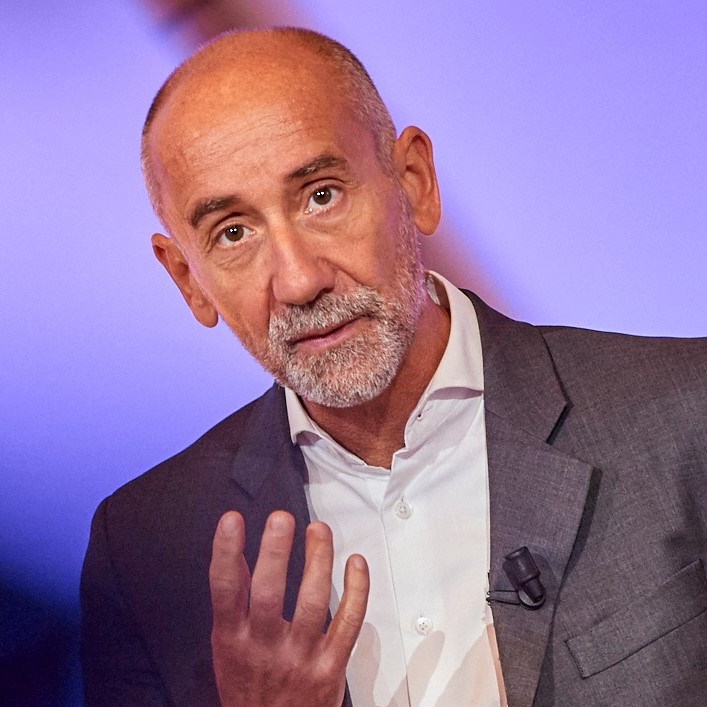
Jean-Eric Paquet
The Ambassador of the European Union to Japan, The Delegation of the European Union (EU) to Japan, EU

KIHARA Shinichi
Director General for Energy and Environmental Policy, Ministry of Economy, Trade and Industry, Japan
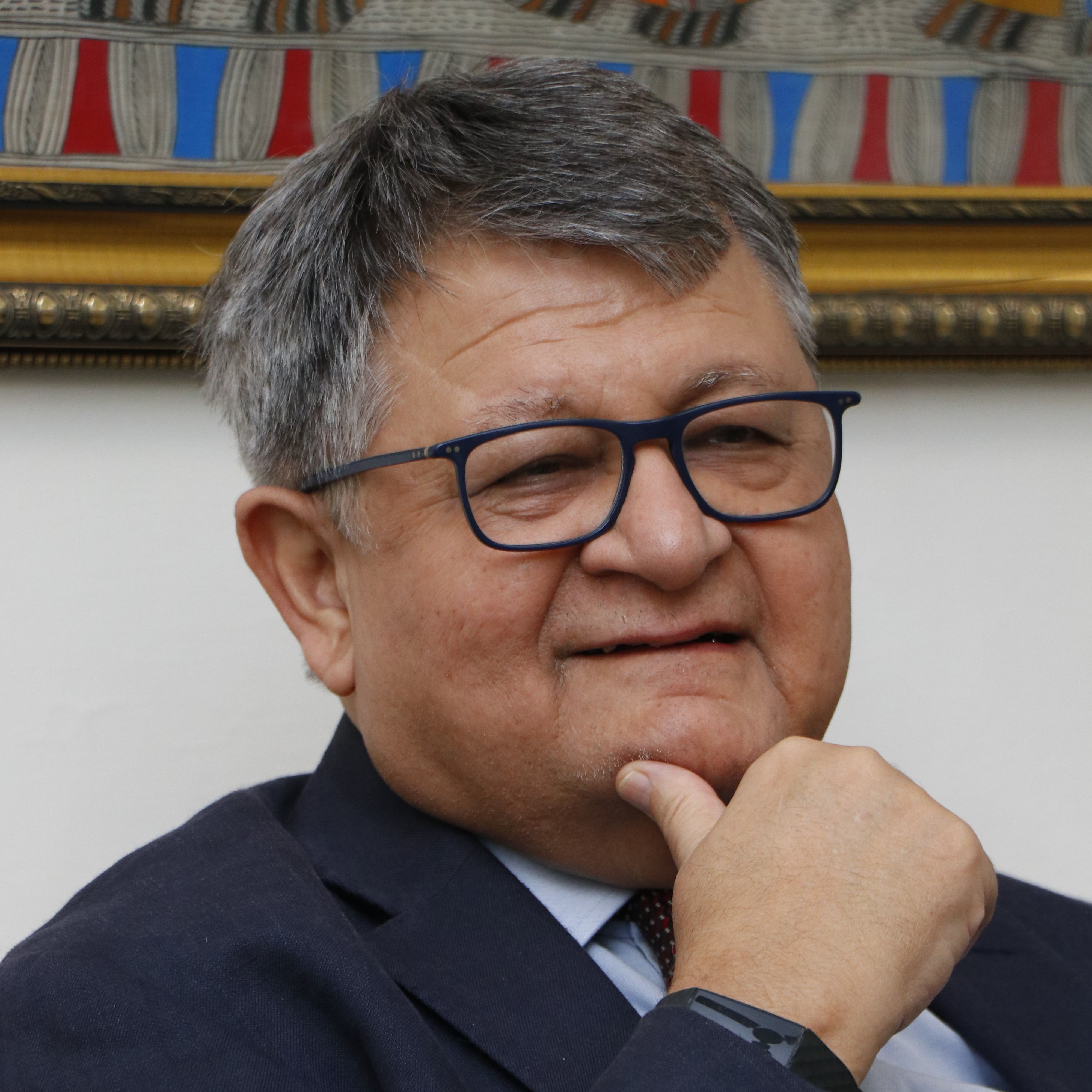
Suman Kumar Bery
Vice Chairman, National Institution for Transforming India (NITI Aayog), India

Jooho Whang
Former President & CEO, Korea Hydro & Nuclear Power Co., Ltd. (KHNP), Korea
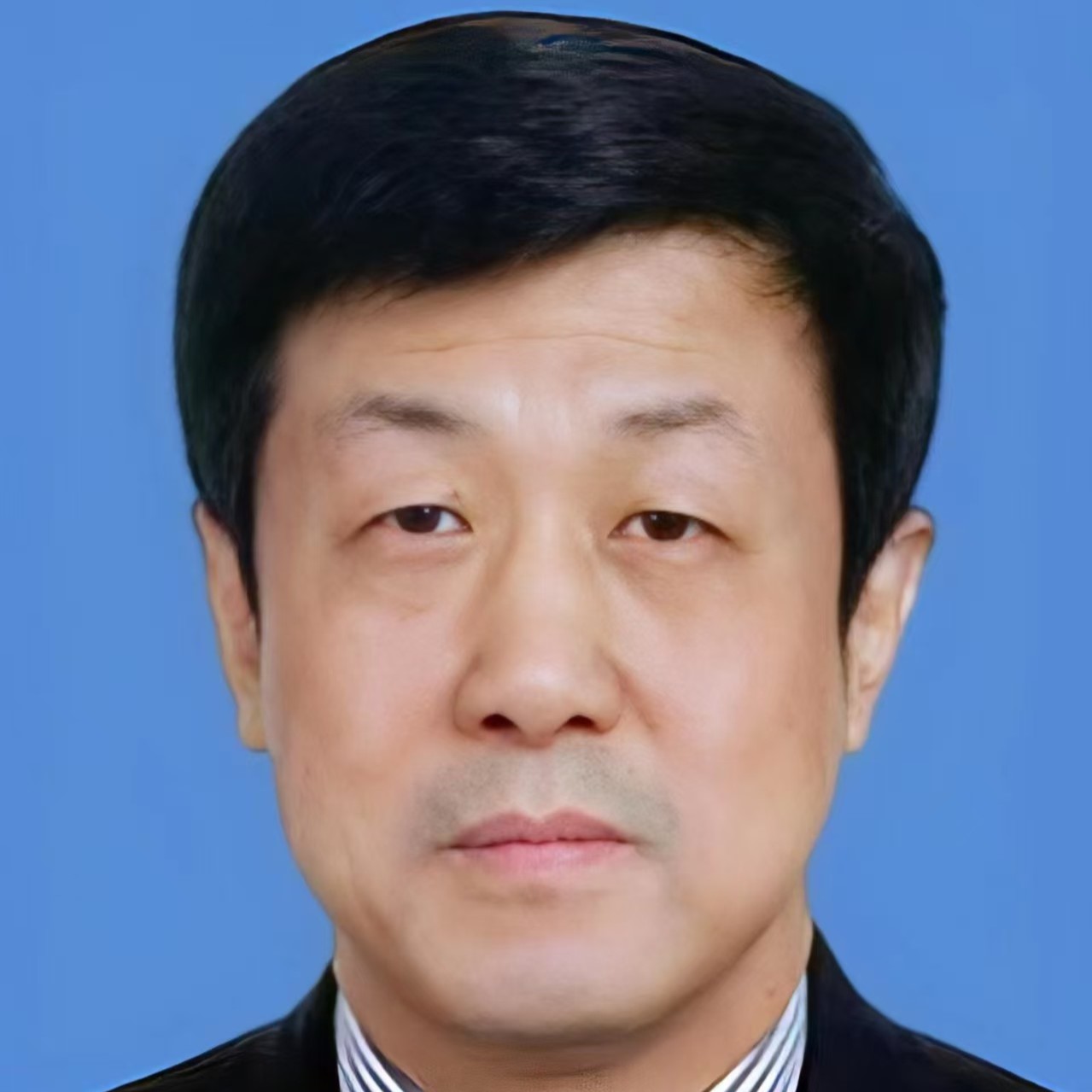
Xiangsheng Sun
Chairman of ISETS; Former Secretary General of IEF, China
11:05-12:05
Cooperation towards Carbon Neutrality and Security
Although countries are actively pursuing technological advancements and policy changes to mitigate greenhouse gas emissions, the varying degrees of progress among them pose a significant challenge. In addition, while a significant expansion of renewable energy is a key strategy for reaching carbon neutrality, a major issue is the fact that the supply of critical minerals necessary for manufacturing these renewable energy systems is geographically concentrated in certain countries. Moreover, the intensification of resource nationalism is posing a supply risk of critical minerals, having an adverse effect on energy security. Given this situation, cooperation among countries is an essential framework to accelerate collaboration in technological innovation and policy implementation in pursuit of creating solutions to climate change.
As an example of regional cooperation across national borders, Japan, Australia, and ASEAN formulated Asia Zero Emission Community (AZEC) to enhance community’s sustainability and energy security through knowledge sharing and joint research.

Hoesung Lee
ICEF Steering Committee;
Former Chair of the Intergovernmental
Panel on Climate Change (IPCC);
President, Carbon Free Alliance, Korea

TANAKA Nobuo
Chair, ICEF Steering Committee;
Former Executive Director, International Energy Agency (IEA);
CEO, Tanaka Global, Inc., Japan

Eunjung Lim
Professor, Division of International Studies, Kongju National University, Korea

KIHARA Shinichi
Director General for Energy and Environmental Policy, Ministry of Economy, Trade and Industry, Japan
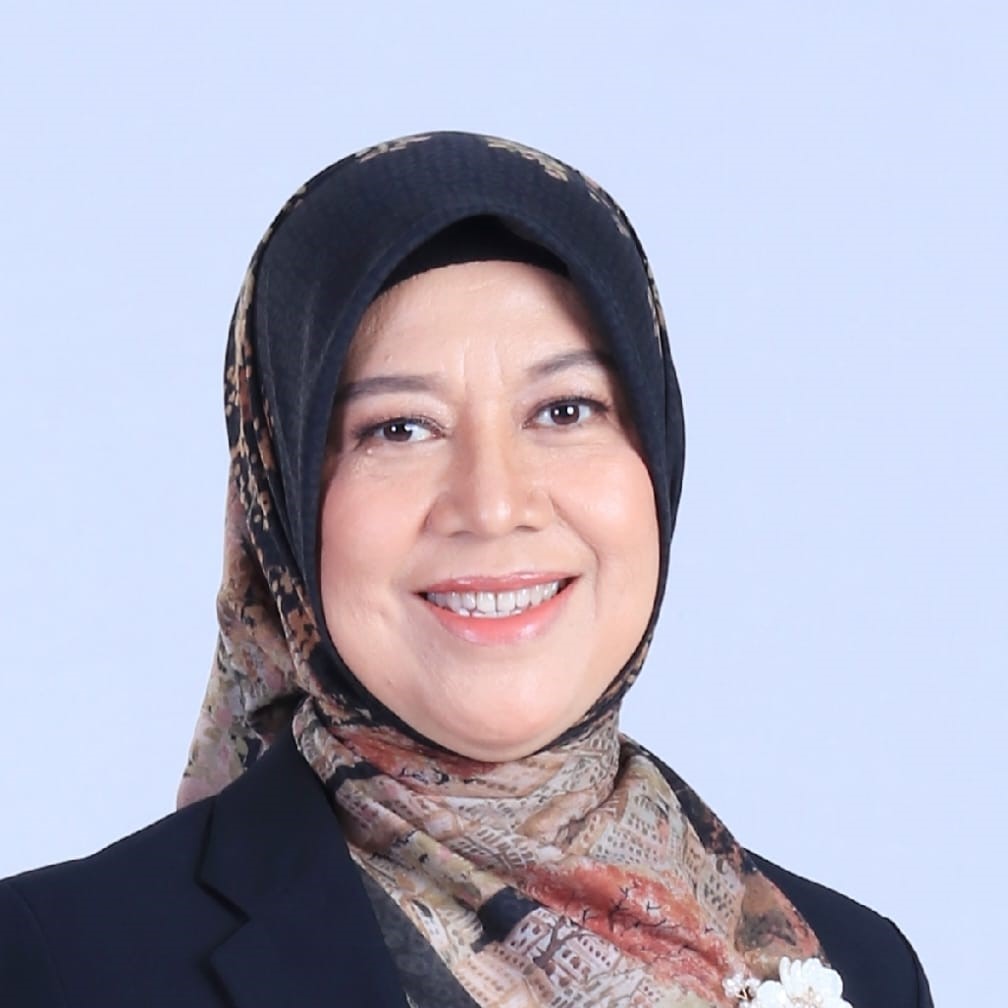
Andriah Feby Misna
Director of New and Renewable Energy, Directorate General of New, Renewable Energy, and Energy Conservation, Ministry of Energy and Mineral Resources, Indonesia

Erin Sikorsky
Director, Center for Climate and Security; Adjunct Professor, George Mason University, United States of America
12:10-13:10
Utilization of Nuclear Energy
While nuclear power generation is expected to serve as a pillar of sustainable energy supply, cost overruns in conventional large-scale power plants have become increasingly prominent. In this context, the development of Small Modular Reactors (SMRs), which are considered to be more cost-effective, is being actively pursued in various countries. Additionally, efforts are being made to enhance the added value of SMRs, such as their flexibility in control due to their smaller size, efficient land use, and improved safety.
In this session, we will invite companies working to promote the adoption of SMRs to discuss the technological potential of SMRs and explore the direction for building a new SMR supply chain through collaboration among various countries.

TANAKA Nobuo
Chair, ICEF Steering Committee;
Former Executive Director, International Energy Agency (IEA);
CEO, Tanaka Global, Inc., Japan

Sally M. Benson
ICEF Steering Committee;
Professor, Energy Science and
Engineering, Stanford University;
Deputy Director for Energy and Chief
Strategist for the Energy Transition,
White House Office of Science and
Technology Policy, United States of America
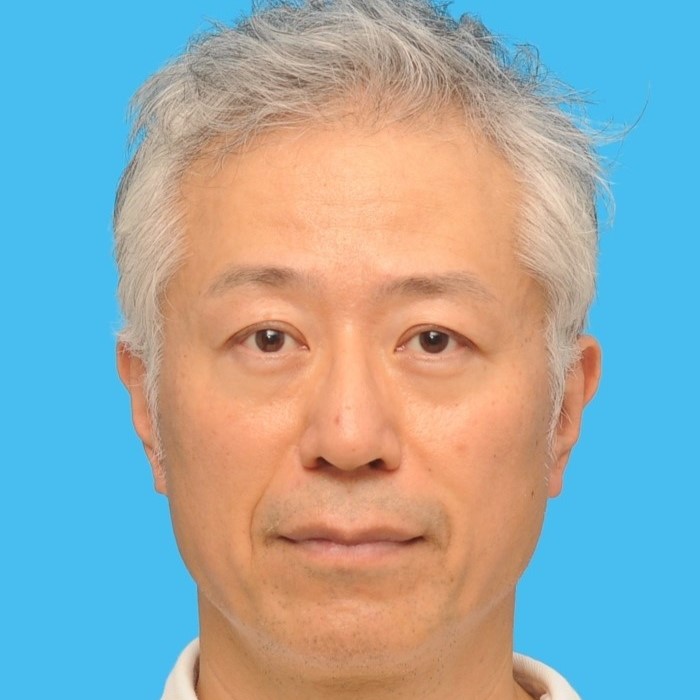
KISHI Hisashi
Deputy Division CEO, Global Business Department, Chubu Electric Power Co., Inc., Japan
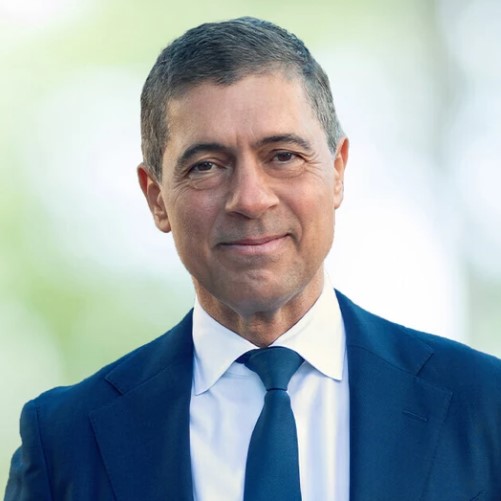
George Borovas
Head of Nuclear Practice, Hunton Andrews Kurth LLP;
Managing Partner, Tokyo Office of Hunton Andrew Kurth LLP, Japan/United States of America
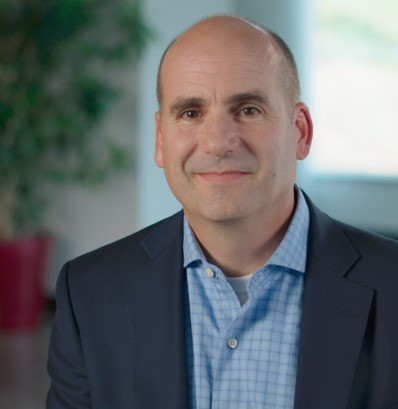
Matt Wilkinson
CEO, Thorcon International, United States of America

Caroline DeWitte
Co-Founder, Oklo Inc., United States of America
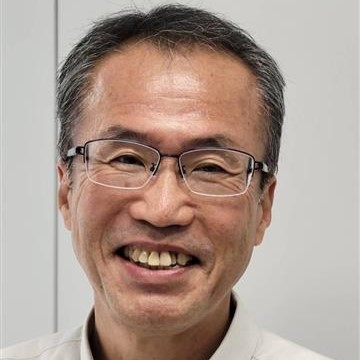
MORIWAKI Masanao
Senior Vice President and General Manager, Global Business Development & Management Division, Hitachi GE Vernova Nuclear Energy, Ltd., Japan

Lee Warren
Director, Engineering and Technology, Rolls-Royce, United Kingdom
14:20-15:20
Security through Climate Change Adaptation and Resilience
The impacts of climate change are intensifying globally, with developing countries in the Global South particularly vulnerable to droughts, floods, and other severe consequences. Under the Paris Agreement, the international community has established a global goal on adaptation and is accelerating efforts to implement concrete measures to address these challenges.
Adaptation technologies are crucial for enhancing resilience and ensuring security. For instance, improved water resource management can mitigate the risk of water shortages, while climate-resilient crops can strengthen food security. However, significant funding is required to implement these measures. A persistent funding gap, especially in the Global South, remains a critical challenge.
This session aims to examine the current status and challenges of adaptation technologies in the face of worsening climate impacts, while exploring technological solutions. Additionally, we will engage participants in discussions on future strategies for disseminating adaptation technologies to the Global South and other regions.
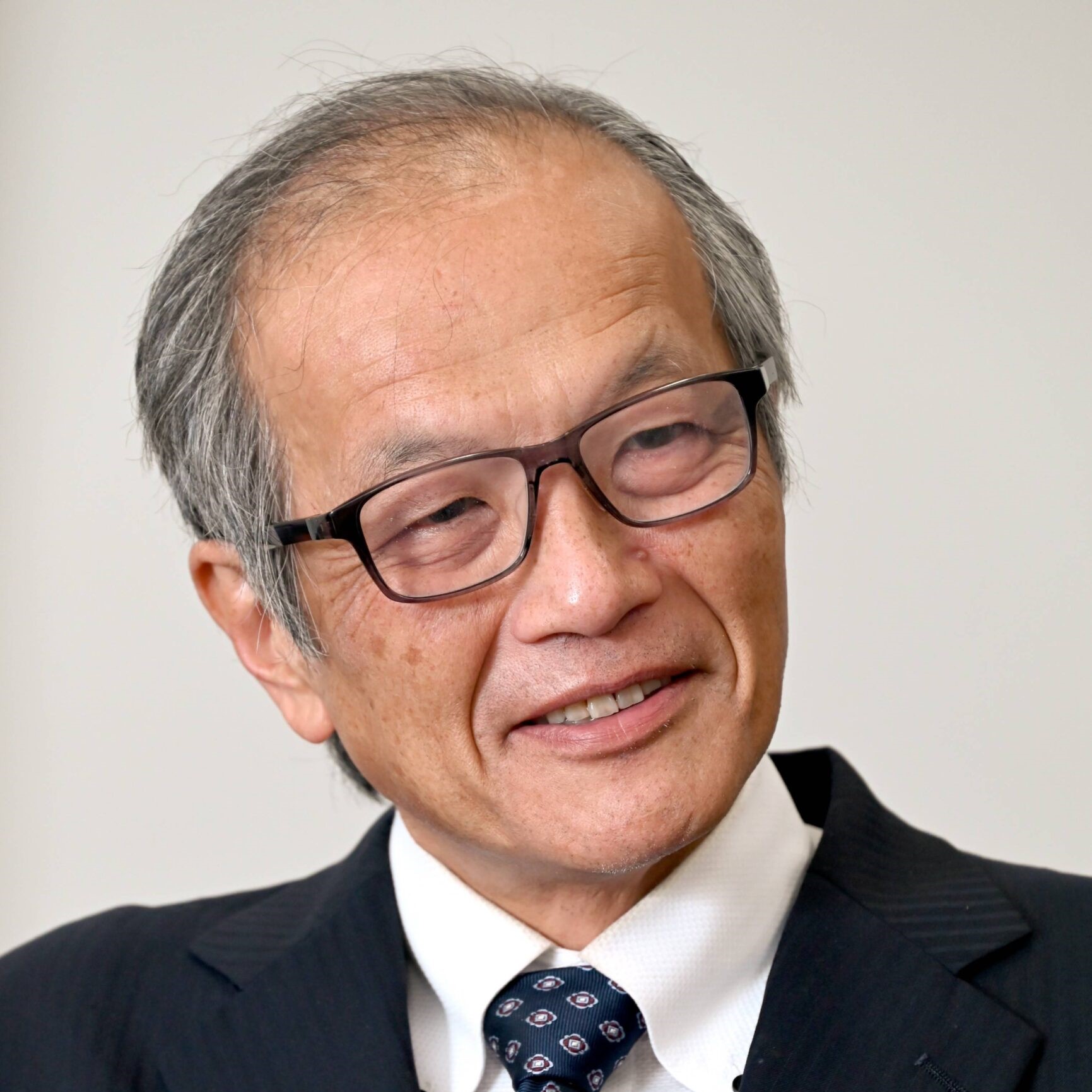
ARIMA Jun
Senior Councilor, Japan Organization for Metals and Energy Security (JOGMEC);
Visiting Professor, Graduate School of Public Policy (GraSPP), The University of Tokyo;
Professor, Kaishi Professional University, Japan
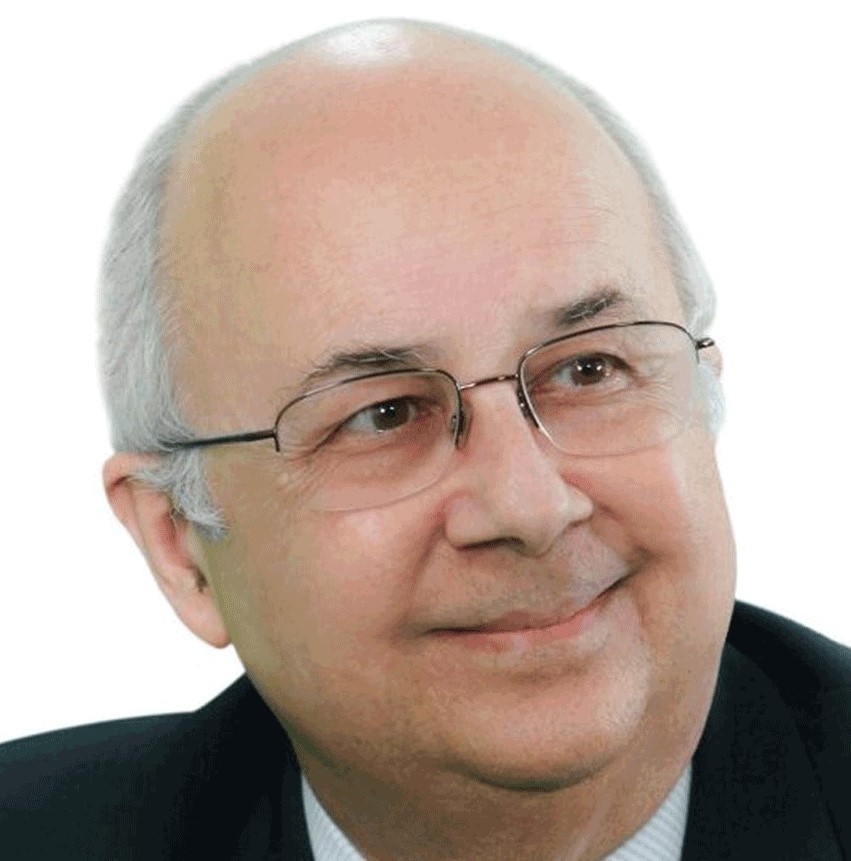
Ismail Serageldin
ICEF Steering Committee;
Co-Chair of the Board of Nizami Ganjavi International Center (NGIC);
Emeritus Librarian of Alexandria;
Former VP of the World Bank, Egypt
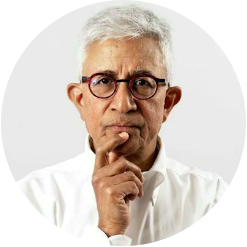
Valli Moosa
ICEF Steering Committee;
Deputy Chairperson of the Presidential Climate Change Commission;
Former President, International Union for Conservation of Nature and Natural Resources (IUCN), South Africa

Hoesung Lee
ICEF Steering Committee;
Former Chair of the Intergovernmental
Panel on Climate Change (IPCC);
President, Carbon Free Alliance, Korea
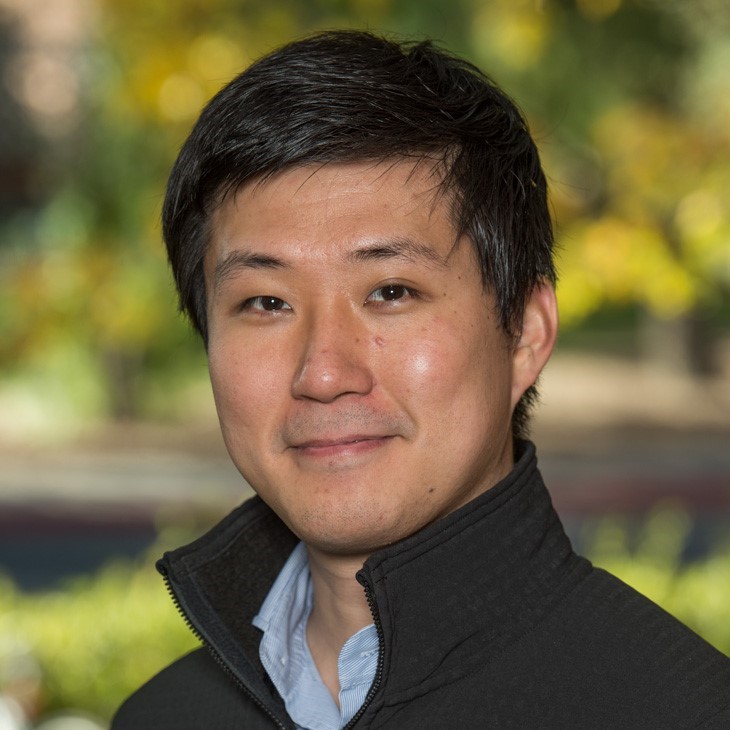
KUMAHIRA Tomonobu
Co-Founder and CEO, Mizu - Water One, United States of America/Japan

Faten Attig-Bahar
Deputy Director of the Future Earth Africa Hub, University of Pretoria;
Visiting Research Fellow, Rhodes University, Tunisia
15:25-16:45
The Future of Renewable Energy
While ambitious goals for the widespread adoption of renewable energy are being set in various countries and regions, the current situation is marked by a slowdown in deployment due to escalating geopolitical risks and rising resource prices.
Furthermore, incidents where the proliferation of non-synchronous power sources threatens grid stability are increasing. Looking beyond 2030, innovation is required to refine technologies and businesses that can counter these risks. For example, the introduction and widespread adoption of renewable energy, which offer significant cost competitiveness and reduced load fluctuations, are expected.
In this session, we will invite companies pursuing such innovations and international organizations that serve as a compass, identify the challenges to be solved, and confirm the necessary actions for each stakeholder.
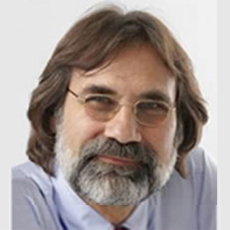
Nebojsa Nakicenovic
ICEF Steering Committee;
Vice Chair of the Group of Chief Scientific Advisors (GCSA) to the European Commission;
Honorary and Emeritus Scholar, International Institute for Applied Systems Analysis (IIASA);
Emeritus Professor of Energy Economics, Vienna University of Technology (TU Wien), Austria/Serbia

KURODA Reiko
ICEF Steering Committee;
Designated Professor, Frontier Research Institute,
Chubu University;
Professor Emeritus, The University of Tokyo;
Member, G7 GEAC (Gender Equality Advisory Council) 2023, Japan
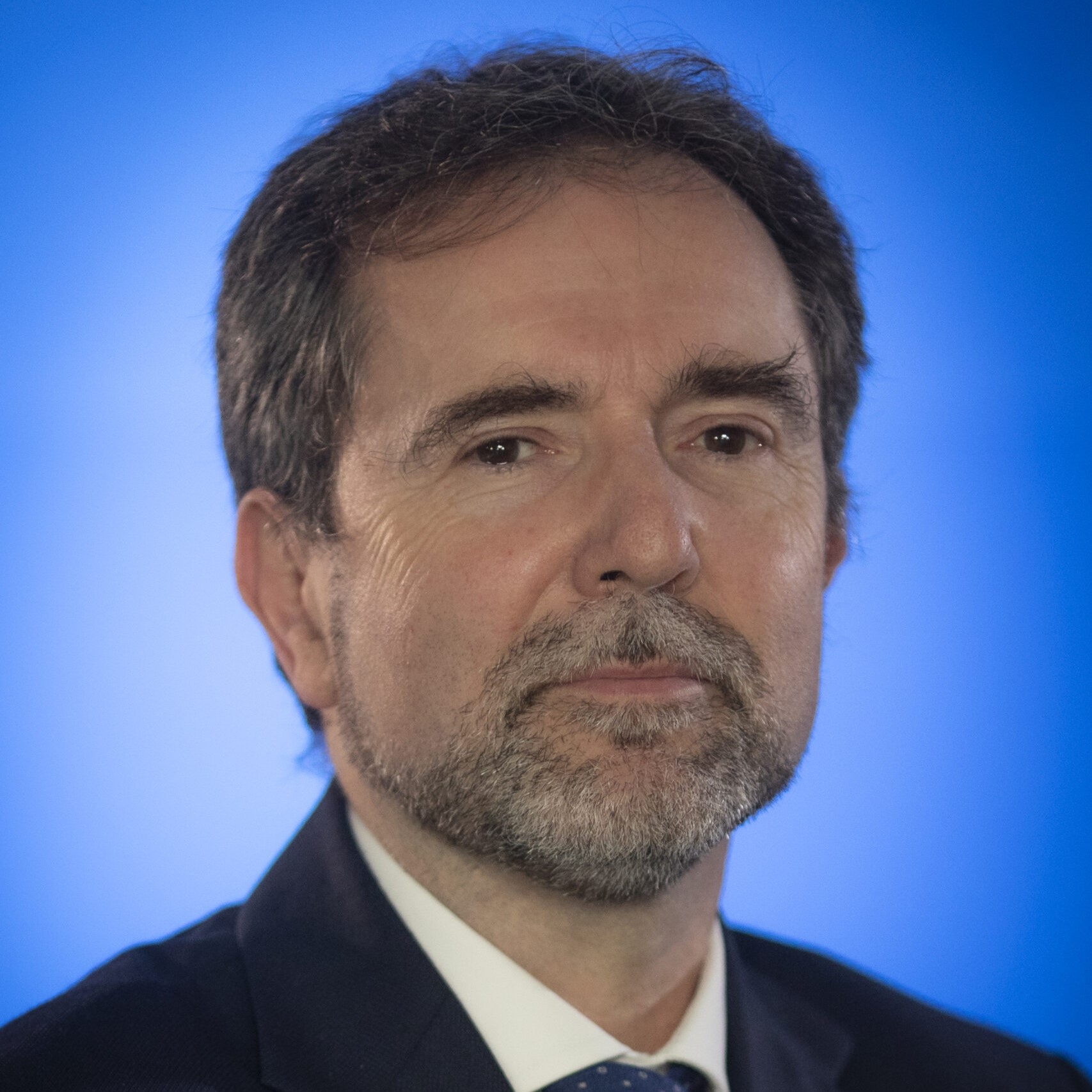
Paolo Frankl
Head of Renewable Energy Division, International Energy Agency, France

Evelyn N. Wang
Vice President for Energy and Climate, Massachusetts Institute of Technology;
Ford Professor of Engineering, Massachusetts Institute of Technology, United States of America
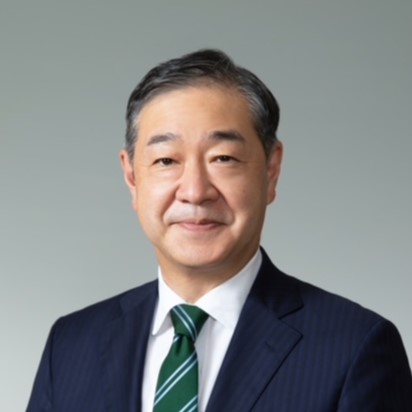
KATASE Hirofumi
Executive Vice Chairman and Director, I-Pulse Inc.;
President and CEO, G-Pulse Inc.;
Chairman, Geo Dreams Co., Ltd., Japan
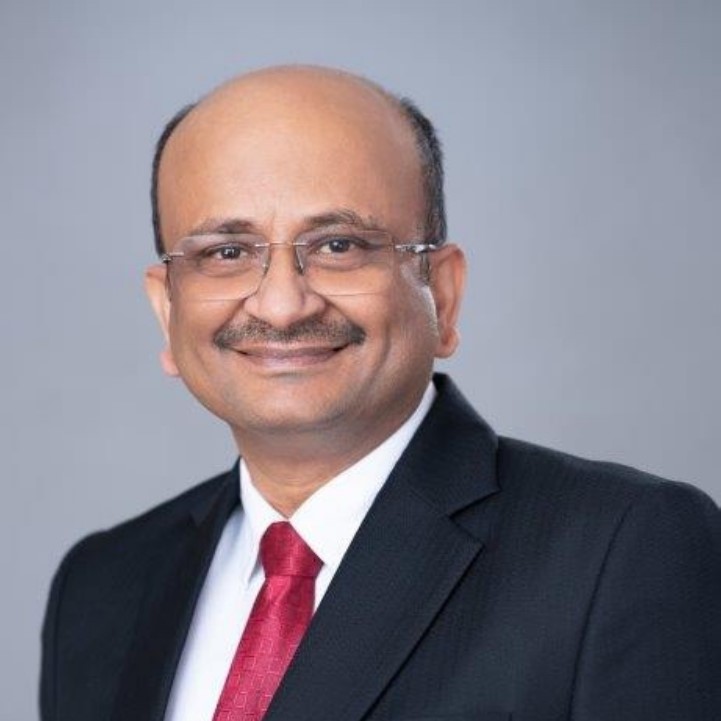
Rajiv Ranjan Jha
Director (Projects), Power Finance Corporation Limited, India

KANEKO Yukihiro
Head of Perovskite Photovoltaics Business Promotion Office, Panasonic Holdings Corporation, Japan
Thursday, October 9 / 9:30-16:55 (JST)
9:30-10:30
CDR (Carbon Dioxide Removal) and Utilization
According to IPCC AR6 Synthesis Report, “Carbon dioxide removal (CDR) will be necessary to achieve net negative CO2 emissions” and the State of Carbon Dioxide Removal estimates that annual CO2 removal will need to reach 7-9 gigatons by 2050.
Currently, approximately 2 gigatons of carbon are removed each year, mostly through conventional approaches such as forest absorption. However, the scaling up of CDR is seeing rapid growth in innovative technologies including DAC, BiCRS, Carbon Mineralization, and blue carbon. To achieve the necessary scale and further innovation, international cooperation, including joint development and knowledge sharing, is crucial.
CDR technologies including DAC, BiCRS, Carbon Mineralization, and blue carbon have experienced developments. Currently, 27 DAC facilities are in operation worldwide, making international knowledge sharing and discussion towards further expansions valuable. While BiCRS and blue carbon established some technologies with high TRLs, emerging fields such as macroalgal blue carbon are the subject of ongoing research. With regards to Carbon Mineralization, proposals for clarifying carbon accounting methods have also been announced in Japan.
Technological advancements are not limited to CDR, but extend to carbon capture and utilization technologies, such as converting captured CO2 into chemical feedstocks, fuels, and general-purpose concrete. Carbon capture and utilization technology will become crucial as large-scale CDR technologies advance in the future.

Sally M. Benson
ICEF Steering Committee;
Professor, Energy Science and
Engineering, Stanford University;
Deputy Director for Energy and Chief
Strategist for the Energy Transition,
White House Office of Science and
Technology Policy, United States of America
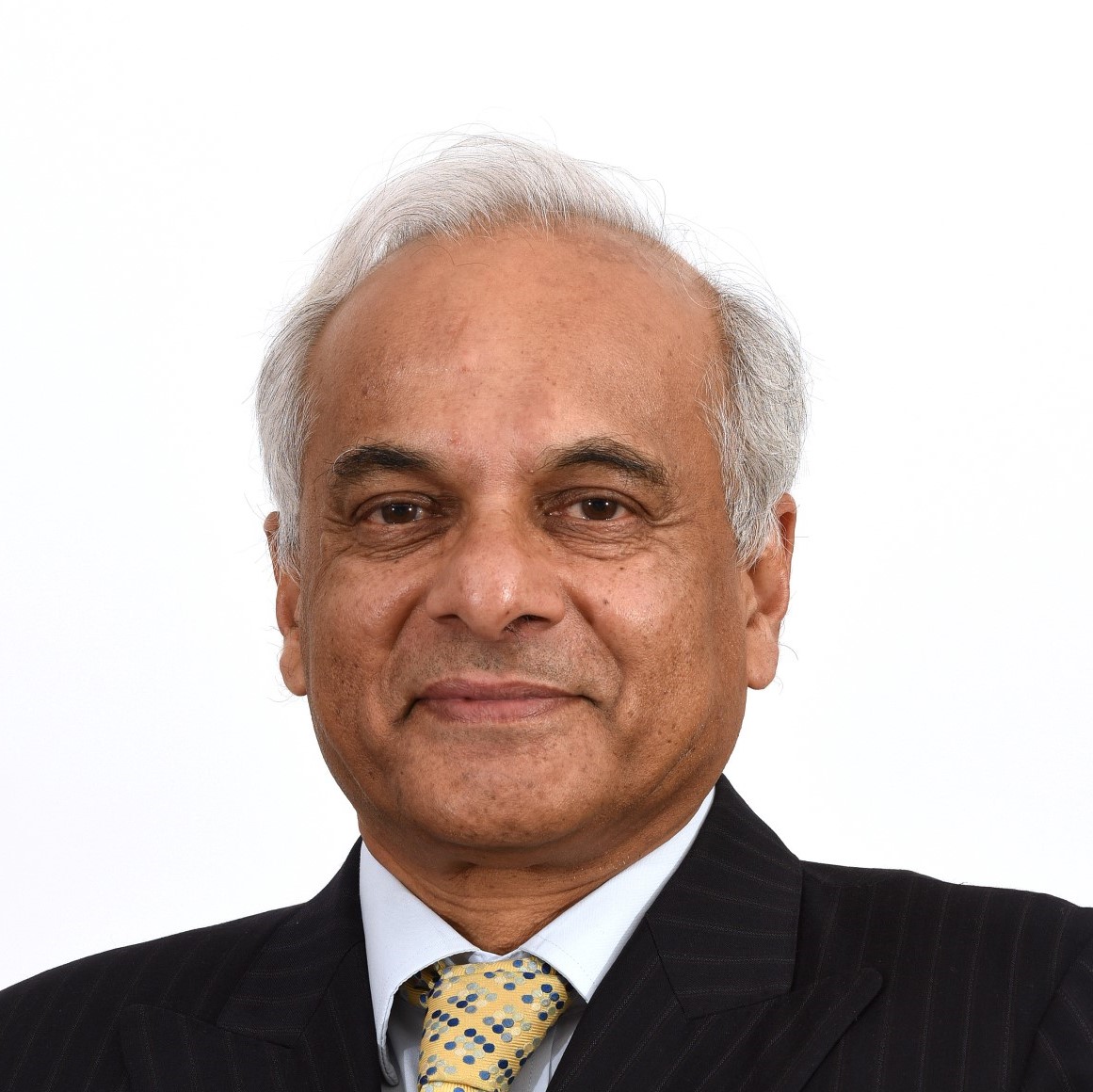
Vikram Singh Mehta
ICEF Steering Committee;
Chairman, Center for Social and Economic Progress (CSEP) Research Foundation, India
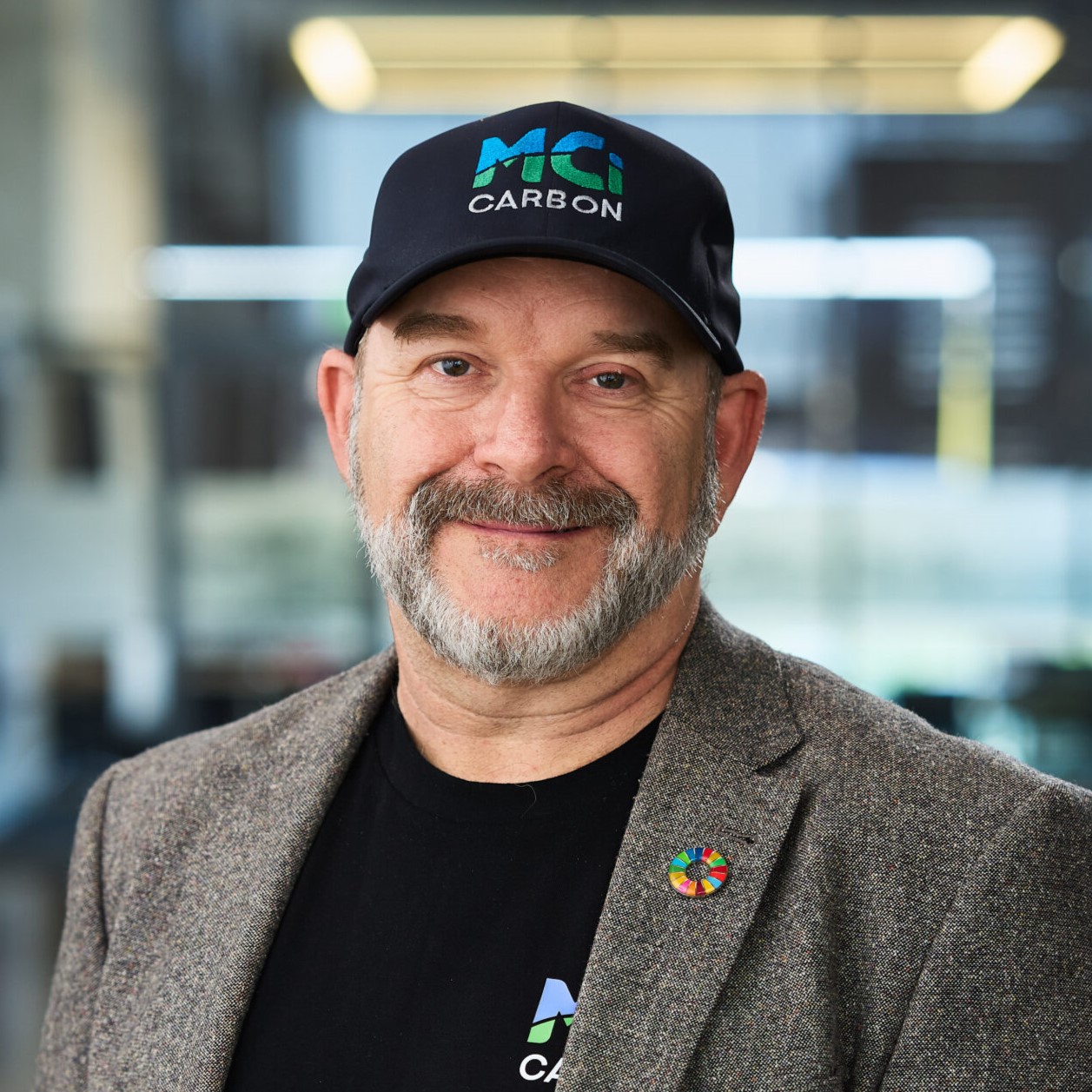
Marcus Dawe
Founder & CEO, MCi Carbon, Australia
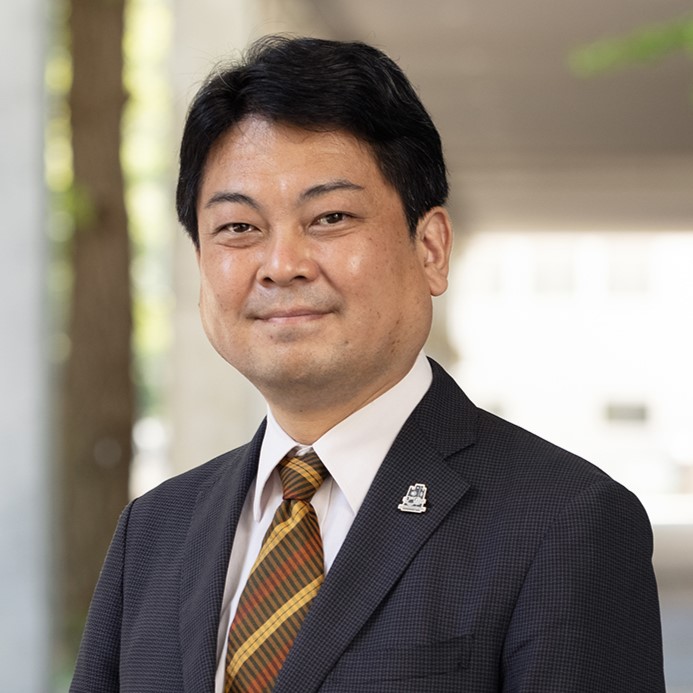
SUGIYAMA Masakazu
Director and Professor, Research Center for Advanced Science and Technology, The University of Tokyo, Japan
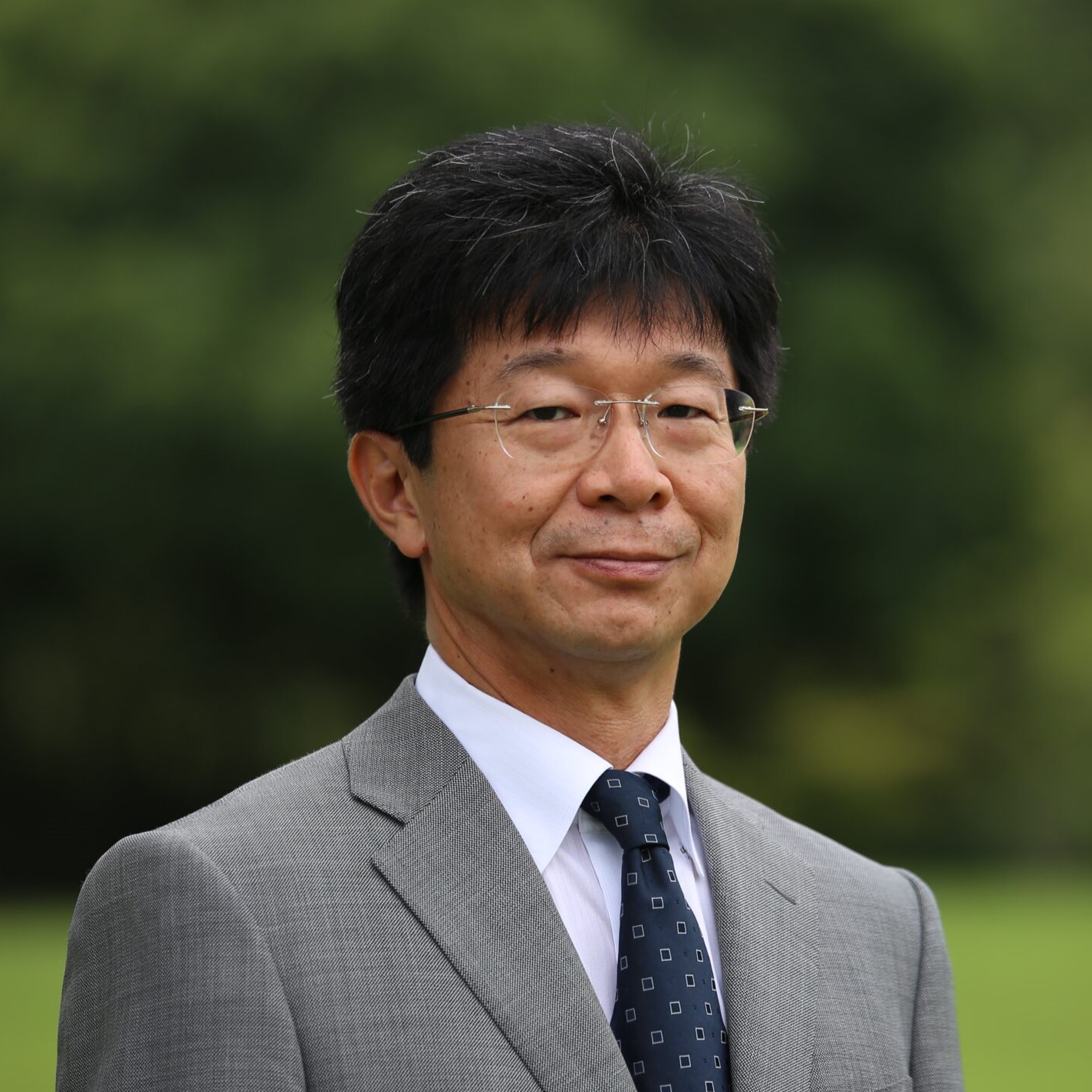
YOGO Katsunori
Group Leader and Principal Research Scientist, Chemical Research Group, Research Institute of Innovative Technology for the Earth (RITE), Japan
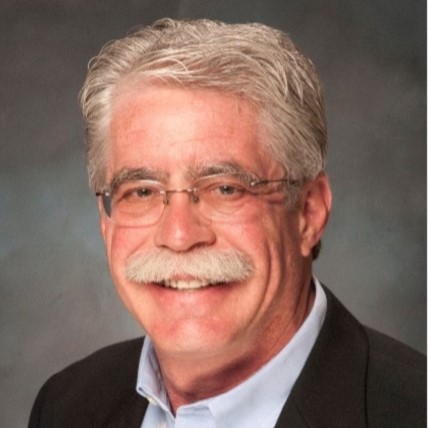
Roger Deane Aines
Dr. Roger Deane Aines from Livermore, United States.
10:40-11:50
ICEF Roadmap Project: Sustainable Data Centers
Data center infrastructure is expanding rapidly, with double-digit annual growth rates projected globally. Data centers enable much of modern life, providing foundational infrastructure for the Internet, cellular communications, artificial intelligence and much more. At the same time, data centers’ rising energy and resource consumption pose challenges for sustainability. Those challenges start with data centers’ substantial electricity use, which reached roughly 415 terawatt-hours in 2024—nearly 1.5% of global electricity demand.
This power demand could lead to significant greenhouse gas emissions. Today roughly 0.5% of global greenhouse gas emissions come from electricity for data centers – an amount that will grow significantly in the years ahead unless data centers are powered with low-carbon electricity. Greenhouse gas emissions from the production of steel, cement and electronics used at data centers (“embodied emissions”) are poorly measured and could be significant in the years ahead as well.
Other sustainability challenges arising from data centers include water use, local air pollution and e-waste. Backup generators and other on-site diesel equipment may release nitrogen oxides and fine particulates, degrading local air quality and increasing health risks for nearby residents. The rapid obsolescence of IT equipment results in substantial electronic waste, posing a challenge for disposal and recycling.
This year’s ICEF Roadmap will explore these challenges and strategies for addressing them.
Those strategies are plentiful and include steps to improve data centers’ energy efficiency, reduce their carbon footprint and minimize water use.
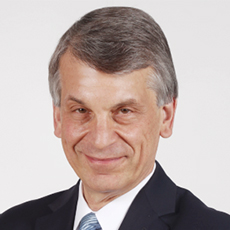
David Sandalow
ICEF Steering Committee;
Inaugural Fellow, Center on Global Energy Policy, Columbia University;
Co-Director, Energy and Environment Concentration, School of International and Public Affairs, Columbia University, United States of America
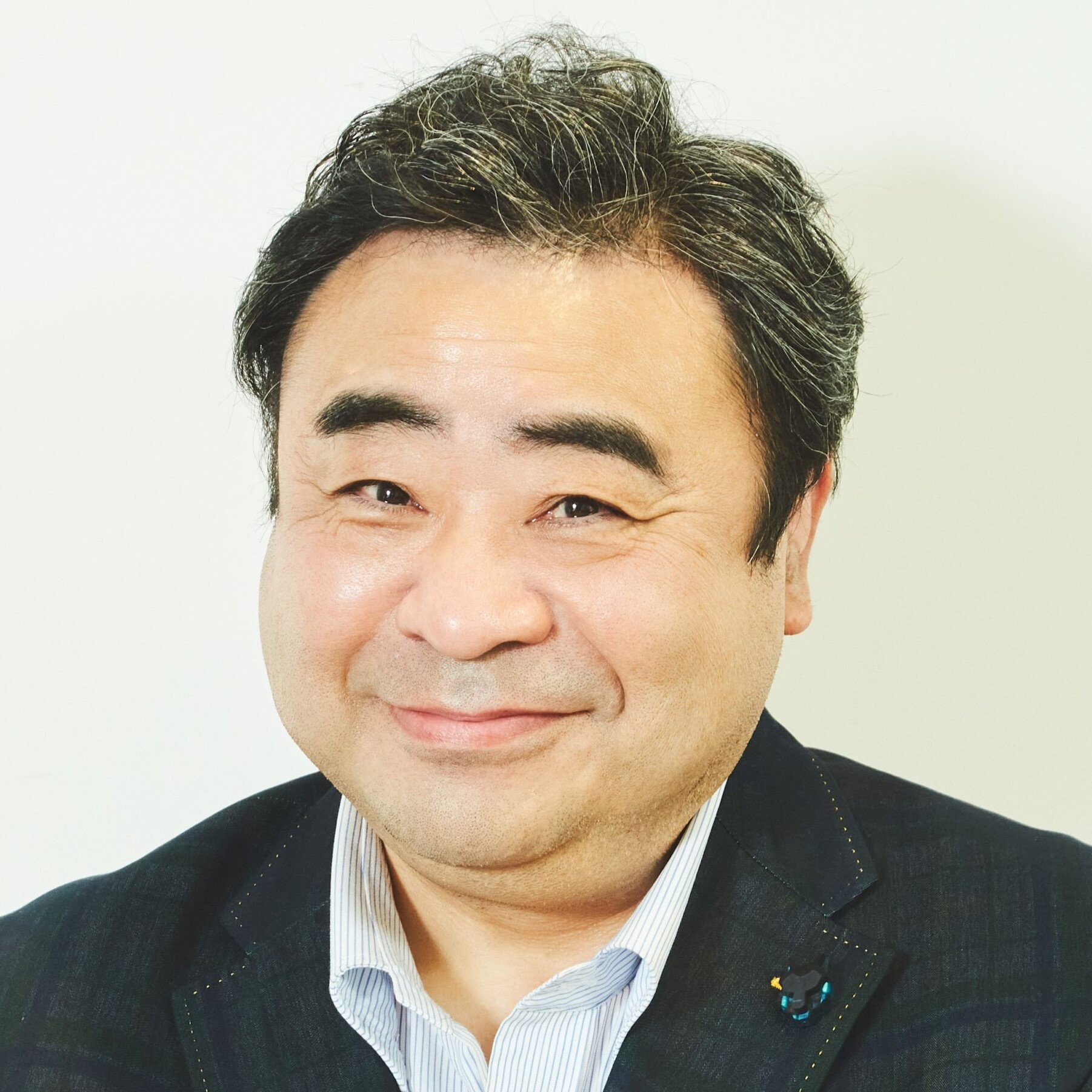
ESAKI Hiroshi
Professor, Graduate School of Information Science and Technology, The University of Tokyo, Japan
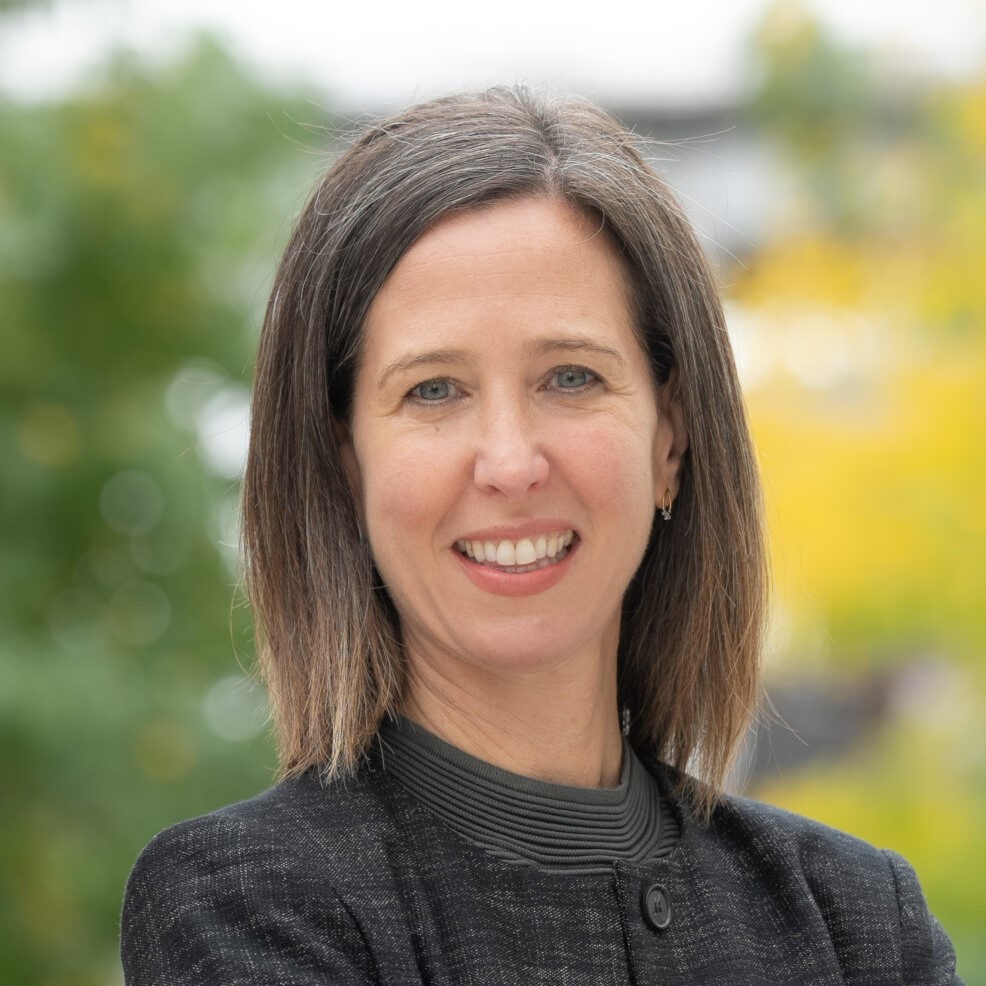
Alexis Abramson
Dean, The Climate School at Columbia University;
Professor, The Climate School at Columbia University, United States of America

Roger Deane Aines
Dr. Roger Deane Aines from Livermore, United States.
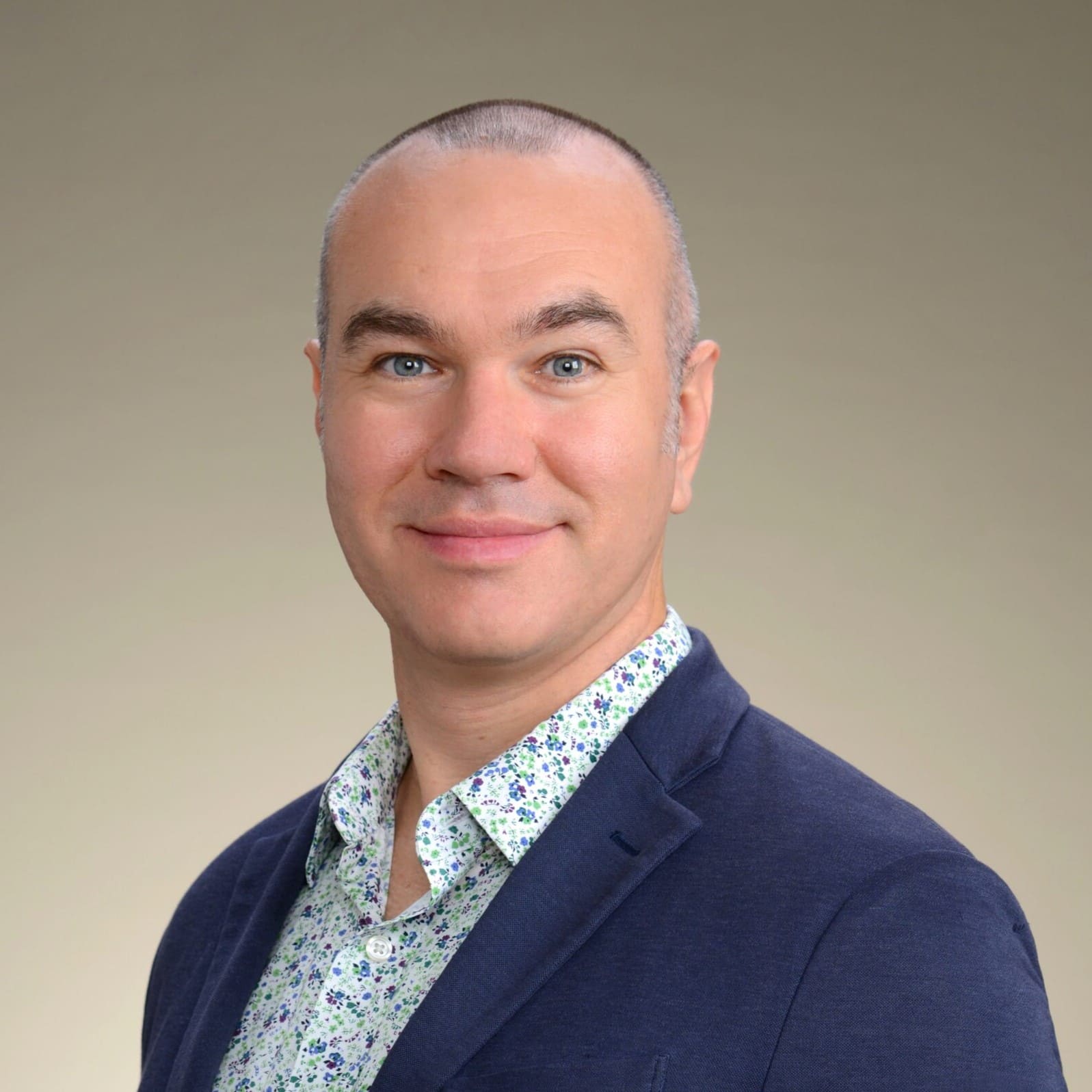
Ken Haig
Senior Director, Government Affairs, Microsoft, Japan/United States of America
13:05-13:35
Natural Hydrogen
Natural hydrogen presents a unique opportunity in the global energy transition—not just as a zero-emission energy source, but as a geopolitically significant resource with implications for supply chain security, strategic autonomy, and energy diversification. For Japan, where interest in advanced hydrogen pathways is rapidly expanding, NatH₂ offers potential for both scientific discovery and sovereign energy resilience.
In this session, we will welcome Dr. Richard Hartman, Chief Innovation Officer of the U.S. Air Force Office of Energy Assurance, and Dr Niki, NEDO, Technology and Innovation Strategy Center, to introduce initiatives related to natural hydrogen in both the United States and Japan and discuss the importance of U.S.-Japan dialogue, scientific collaboration, and mutual de-risking efforts.
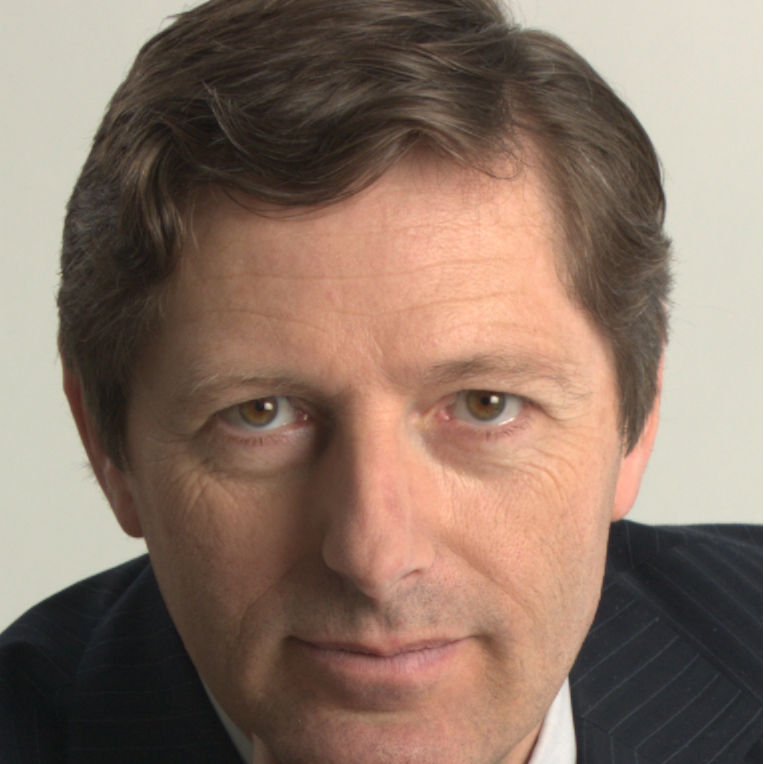
Georg Erdmann
ICEF Steering Committee;
Retired Chair of Energy Systems, Faculty of Process Engineering, Berlin University of Technology;
President of the Board, KSB Energie AG, Germany
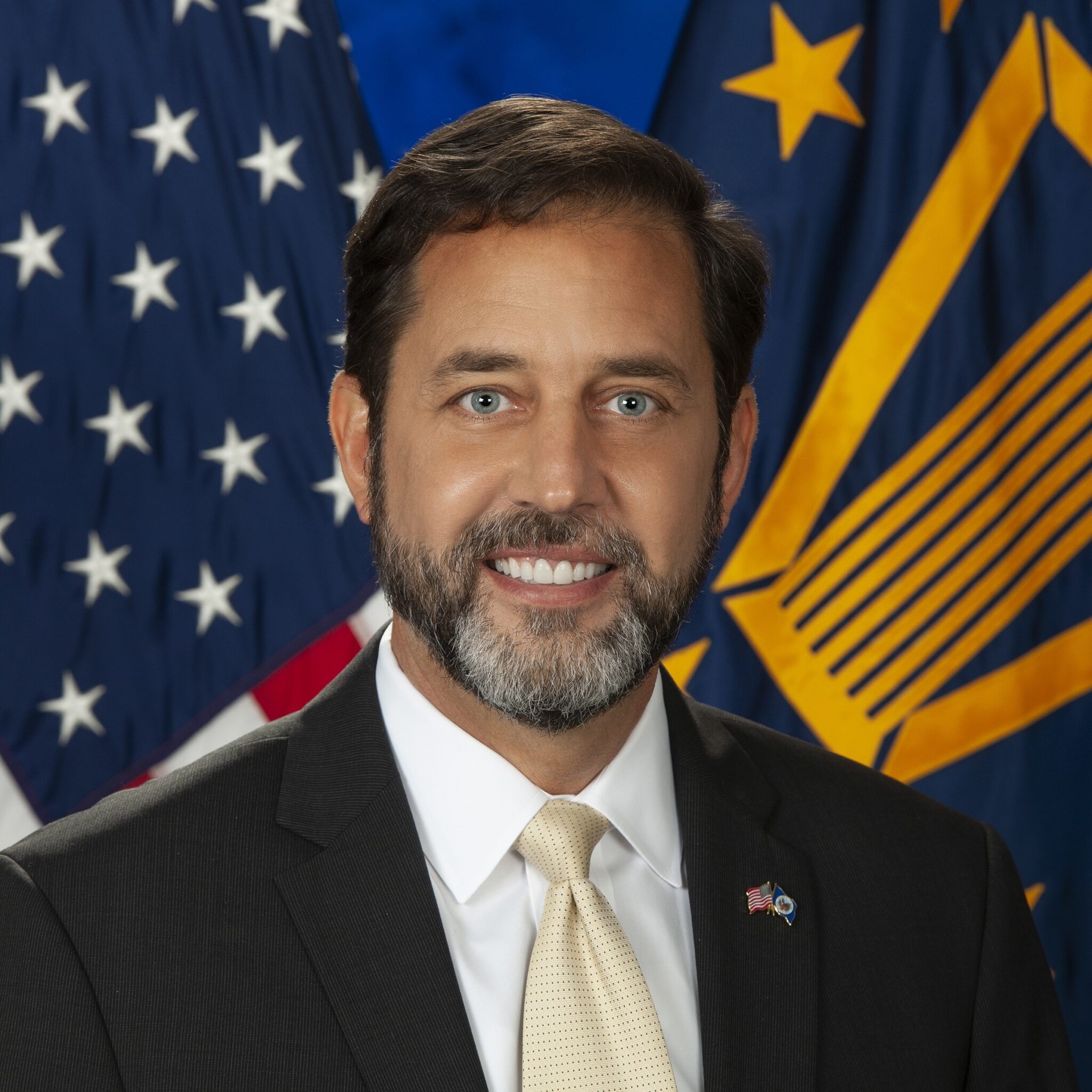
Richard Hartman
Chief Innovation Officer, Air Force Office of Energy Assurance, United States of America
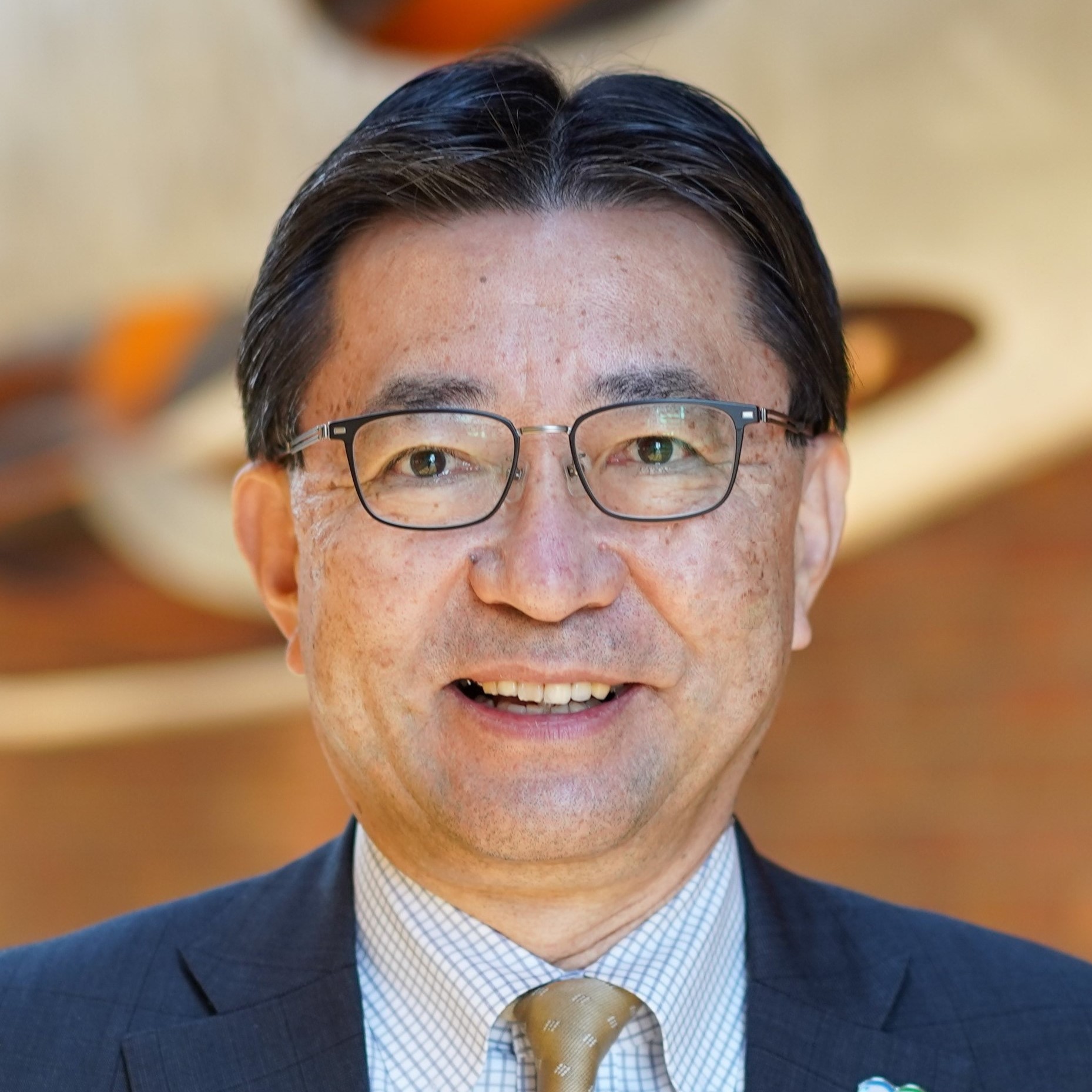
NIKI Shigeru
Fellow, New Energy and Industrial Technology Development Organization (NEDO);
Program Director: Utilization of Unused Subsurface Resources/Geologic Hydrogen, New Energy and Industrial Technology Development Organization (NEDO), Japan
13:40-14:40
Circular Economy x Startup
The circular economy has gained attention from the perspective of resource security. However, the transition to a circular economy remains challenging.
This session will focus on startups with a high affinity for innovation, particularly in the rapidly growing Asia-Pacific region, and invite leading companies striving to realize a circular economy. Specifically, Lohum (India), which builds circular models for critical minerals through battery recycling; Alterpacks (Singapore), which develops biodegradable packaging technology made from food waste; and Orobo (Singapore), which provides digital product passports to improve transparency in resource distribution, will join as speakers. In addition, Ms. SAKANO Akira, a leading figure in Japan’s zero-waste policy, will introduce ECOMMIT’s initiatives. We will explore the current status, challenges, and future innovations in this field.
Lohum: https://lohum.com/
Alterpacks: https://alterpacks.com/
Orobo: https://orobo.tech/
ECOMMIT: https://www.ecommit.jp/en/

SAKANO Akira
ICEF Steering Committee;
Representative Director, Zero Waste Japan;
Co-Founder, Green innovation;
Director & CSO, ECOMMIT Co., Ltd., Japan

Karen Cheah
Founder and CEO, Alterpacks Pte Ltd, Singapore

Sann Carrière
Founder - Director, Orobo, Singapore/The Netherlands

Rajat Verma
CEO & Founder, Lohum, India
15:05-16:05
Advancing Clean Hydrogen Technologies
The materials industry is considered one of the most challenging sectors for reducing GHG emissions, and the use of clean hydrogen is drawing attention as a key solution to achieving net zero.
However, many industries still face immature technologies for utilizing clean hydrogen, and updating facilities and infrastructure is expected to require significant time and cost.
This session will invite companies and international organizations in hard-to-abate industries to discuss their respective strategies for clean hydrogen adoption, the challenges for its widespread use, and the outlook in these sectors.

Georg Erdmann
ICEF Steering Committee;
Retired Chair of Energy Systems, Faculty of Process Engineering, Berlin University of Technology;
President of the Board, KSB Energie AG, Germany

Changhua Wu
ICEF Steering Committee;
China / Asia Director,
Office of Jeremy Rifkin;
Chair, Governing Council,
Asia Pacific Water Forum, United States of America/China

Nebojsa Nakicenovic
ICEF Steering Committee;
Vice Chair of the Group of Chief Scientific Advisors (GCSA) to the European Commission;
Honorary and Emeritus Scholar, International Institute for Applied Systems Analysis (IIASA);
Emeritus Professor of Energy Economics, Vienna University of Technology (TU Wien), Austria/Serbia
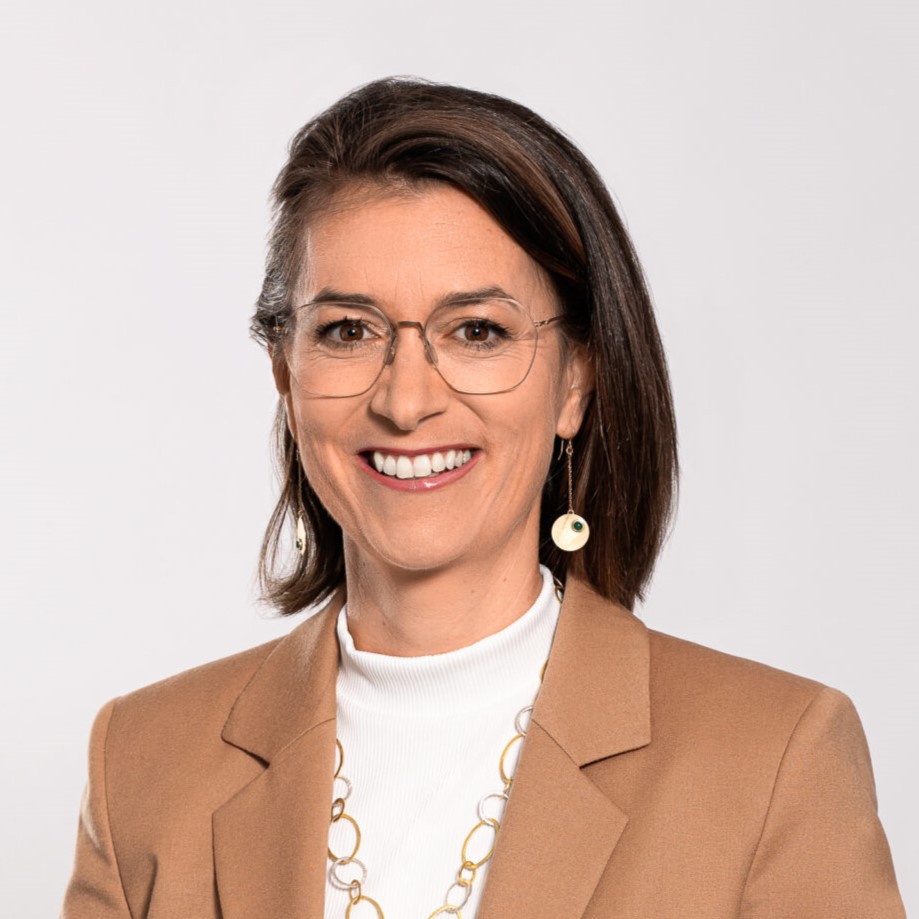
Irmela Kofler
Head of Research Area Decarbonisation, K1-MET GmbH, Austria
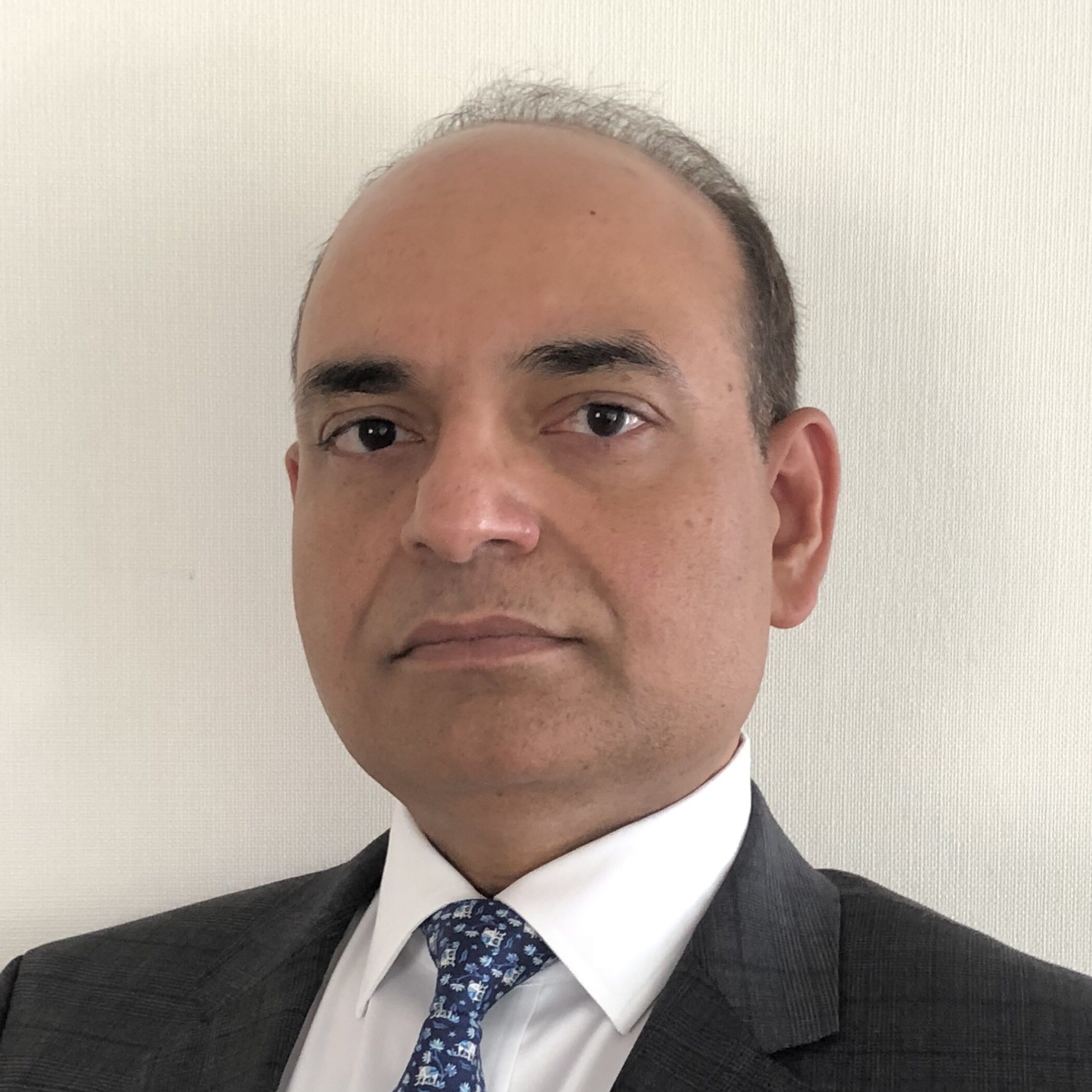
Ajay Singh
Senior Executive Advisor, Mitsui OSK Lines, Japan
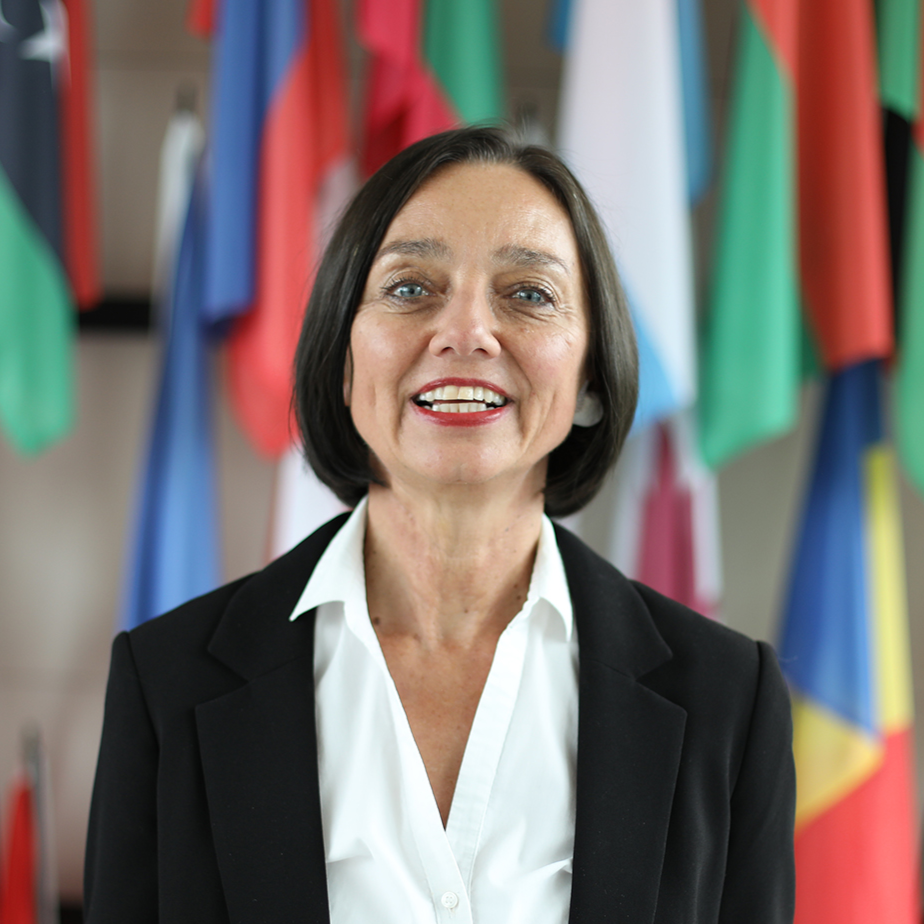
Petra Schwager
Chief of the Climate and Technology Partnership (CTP) Division, UNIDO, Austria

HARA Daishu
Senior Director of the Hydrogen and Ammonia Department, New Energy and Industrial Technology Development Organization (NEDO), Japan
16:10-16:55
Closing Session
Quick Comments (Takeaways, Comment for ICEF 2026) from ICEF Steering Committee Members
Announcement of the Statement by YAMAJI Kenji
(Member of ICEF Steering Committee)
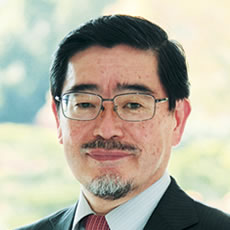
Final Thoughts on the Event by TANAKA Nobuo
(Chair of ICEF Steering Committee)

Closing Remarks by
FUKUMOTO Takuya
(Deputy Director-General for GX Policy, Innovation and Environment Policy Bureau, Ministry of Economy, Trade and Industry, Japan)
